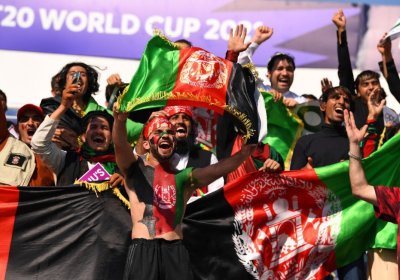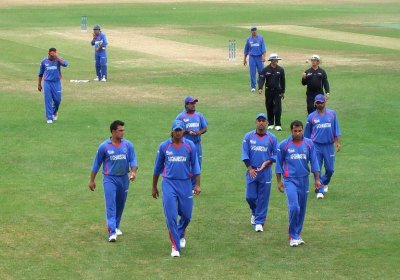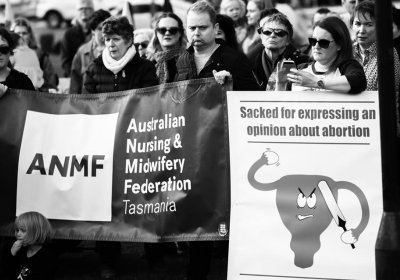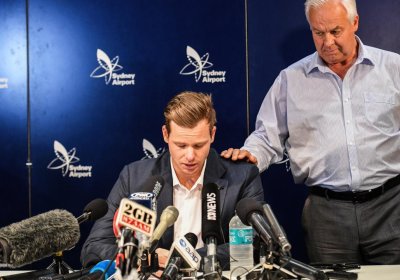Cricketer Usman Khawaja challenging the banning of wearing messages supporting Palestine is the latest example of athletes countering the idea that 'sports and politics don't mix'. Alex Salmon reports.
Cricket
The Sri Lankan government is hoping the Australian cricket tour will distract from the economic and political crisis engulfing the country, writes Binoy Kampmark.
Refugees recently released from the Park Hotel detention centre organised the “First taste of freedom — game not over yet” cricket match. Mayura Ashok reports.
Afghanistan, a country gripped by misery, tyranny and an uncertain future, is having moments of joy and pride, thanks to the men’s national cricket team, reports Yasmeen Afghan.
In post-9/11 Afghanistan, music and cricket became an escape from the twin violence of United States occupation and Taliban terrorism. Farooq Sulehria reports that with the return of the Taliban these cultural activities are now under attack.
Alex Salmon reviews a new book by anti-Apartheid activists about how sport both upheld the racist status quo and became a crucial site of resistance.
The Tasmanian Liberal government might have hoped that by announcing on July 2 that it had secured an abortion provider whose services are due to open in October, the “abortion issue” might have gone away.
It is a vain hope.
Cricket Australia's decision to sack Angela Williamson on June 29 because of her tweets campaigning for abortion access in Tasmania, and her subsequent decision to go public and appeal to the Fair Work Commission, has reignited the issue.
In 1513, Niccolo Machiavelli, arguably the finest political theorist of his time, used his famous work The Prince to tease out “means and ends” theory. He concluded that when it came to the exercise of power, a ruler should use any methods available to maintain stability. The means are irrelevant if the ends are positive enough to trump them.
- Page 1
- Next page










